The agreement reached on new EU rules for deforestation-free supply chains means that poultry, pig and sheep producers in the bloc may be put at a disadvantage.
The regulation includes a ban on the importation of products linked to deforestation, including soya and beef.
However, that ban does not extend to other meat products. So, for example, a poultry farmer in Brazil can feed their flock on deforestation-linked soya meal and sell their birds into the European market.
If a European farmer, on the other hand, fed their flock on the same meal then their product would be illegal in the EU.
In the nine months to September this year, the EU imported approximately 240,000t of poultry meat from Brazil.
The Commission said that the list of commodities covered by the legislation will be regularly reviewed and updated.
Also, there will be an 18-month implementation period after the rules are formally adopted, with further provisions for micro and small enterprises.
This means that the poultry sector, which is already having a particularly difficult time with high input costs and bird-flu outbreaks, will have a bit of a break before it will have to add “unfair competition” to its list of problems.
Farming organisations in the EU are already starting to lobby on behalf of poultry, pig and sheep producers for a rethink of the rules.
In a statement, Copa Cogeca said that the impact of the regulations on the competitiveness of EU agri-food will need to be addressed in the first review.




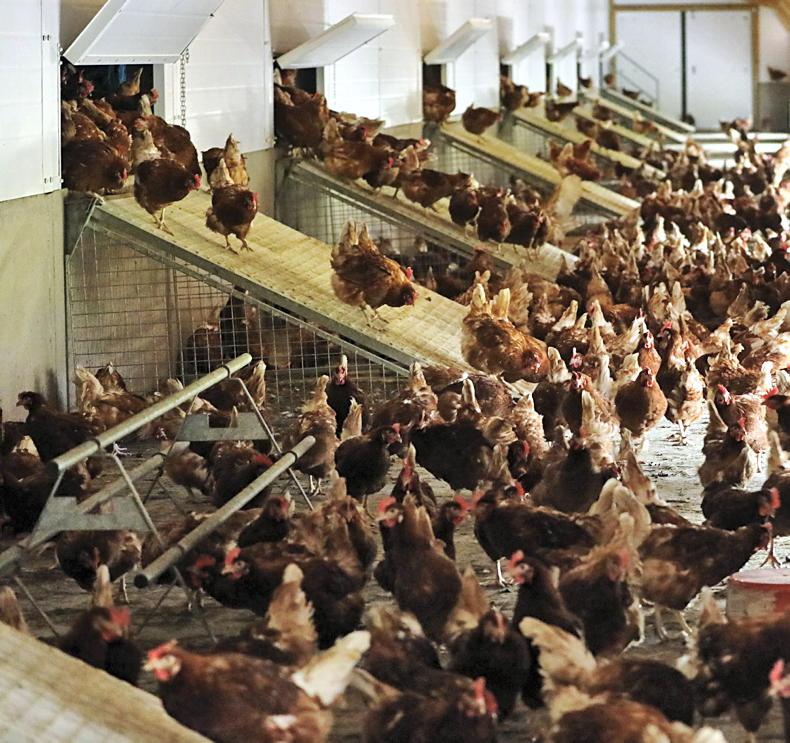
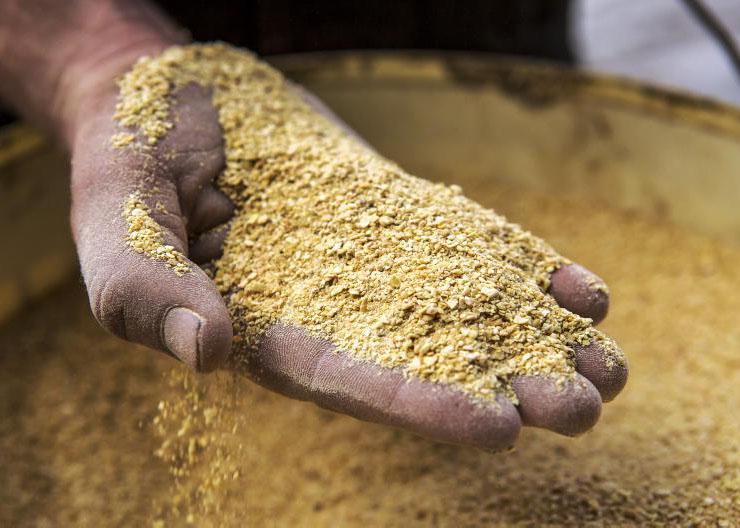

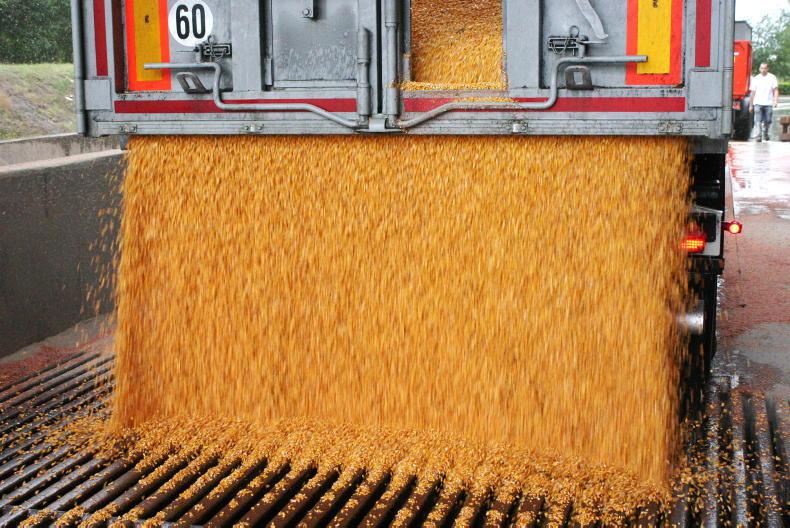
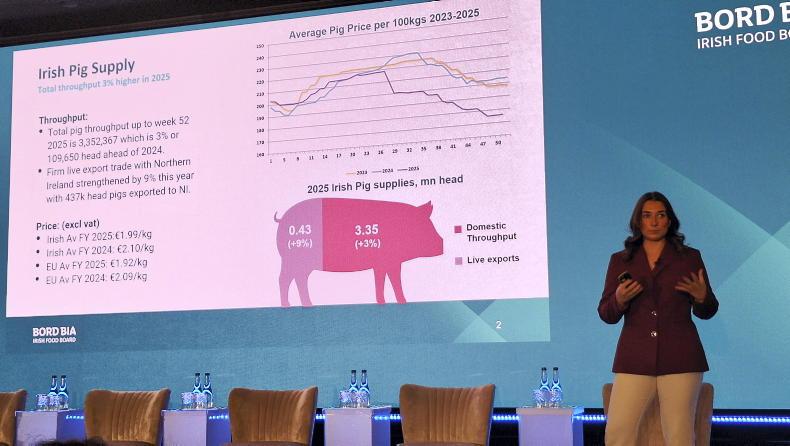
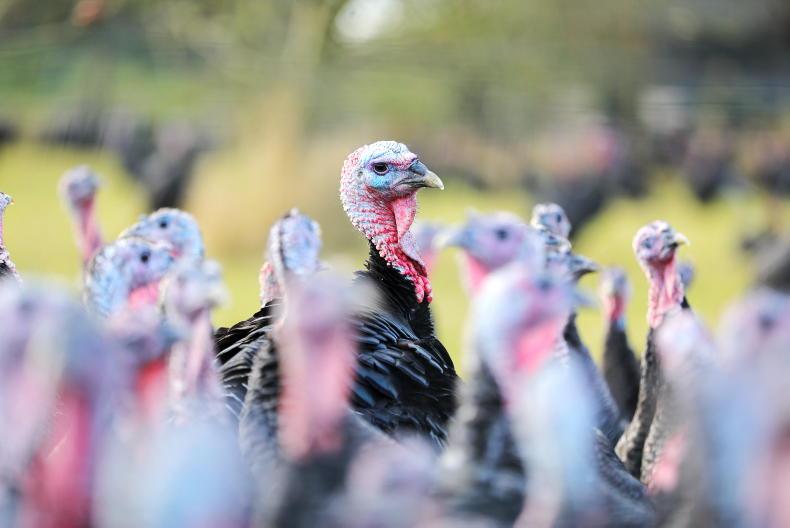
SHARING OPTIONS